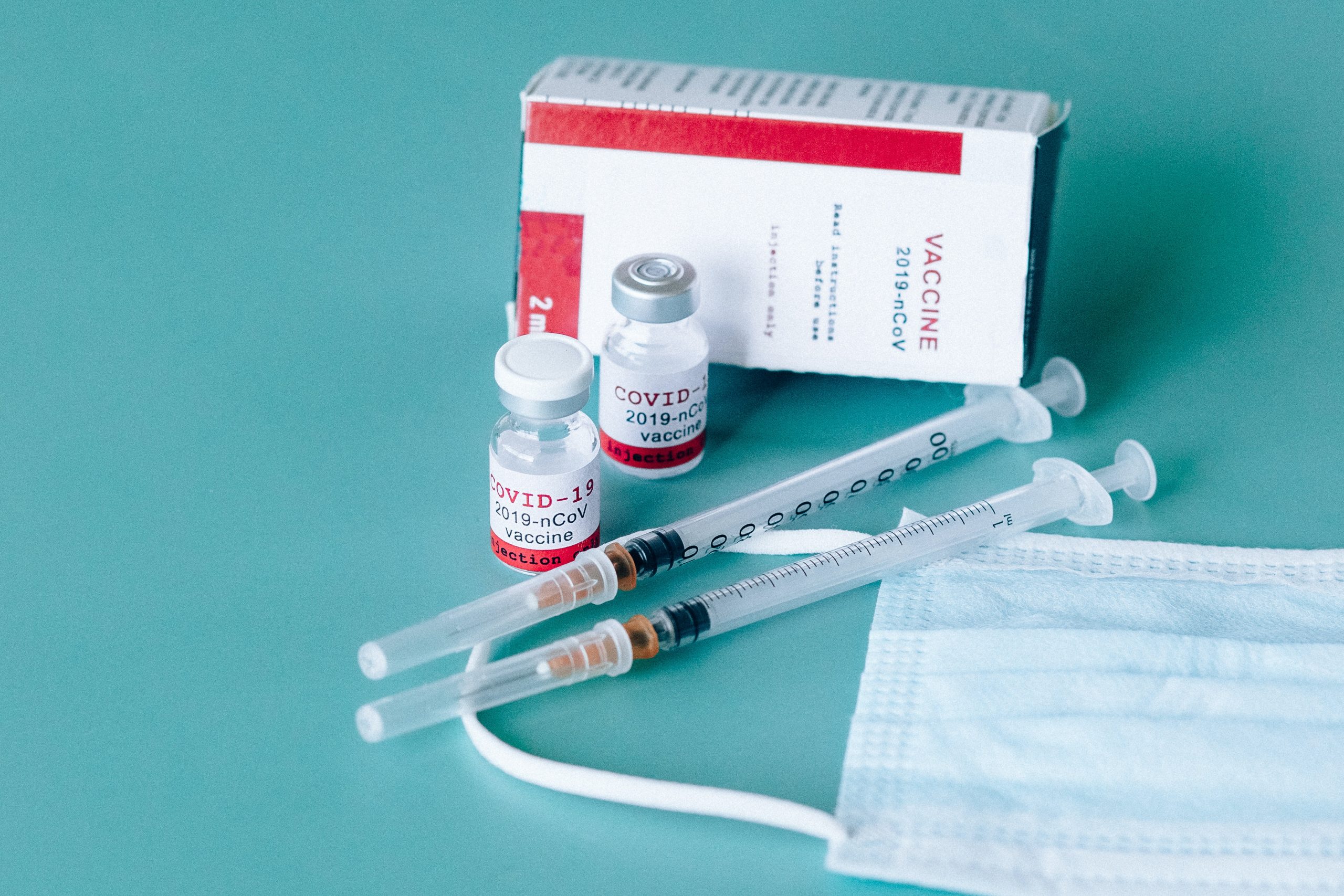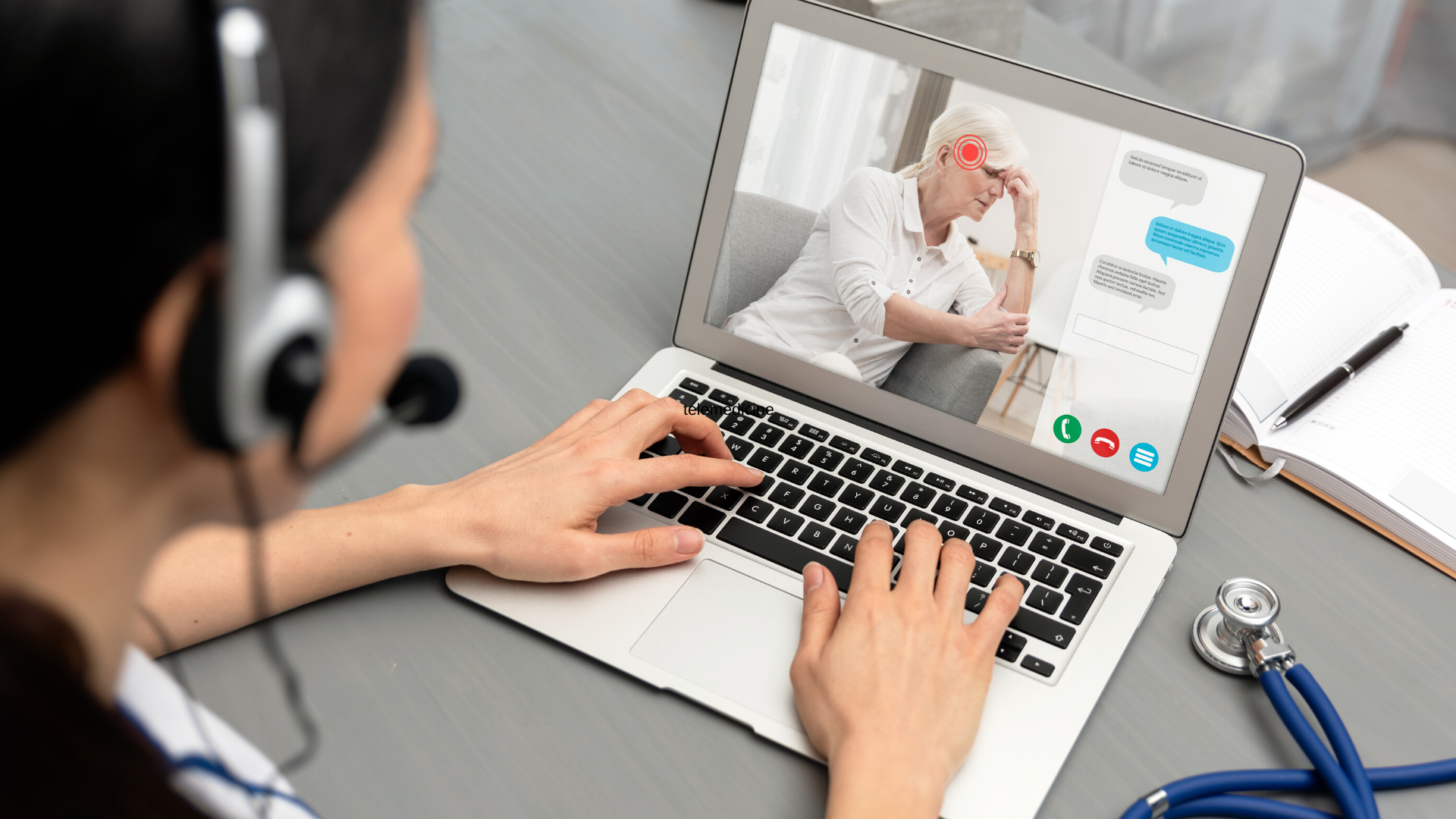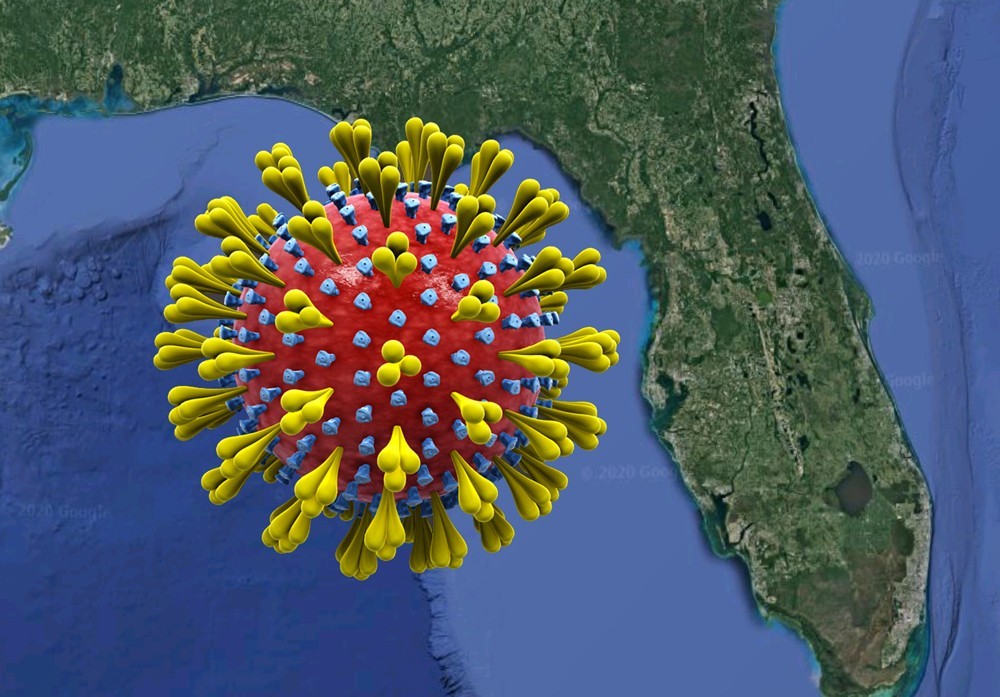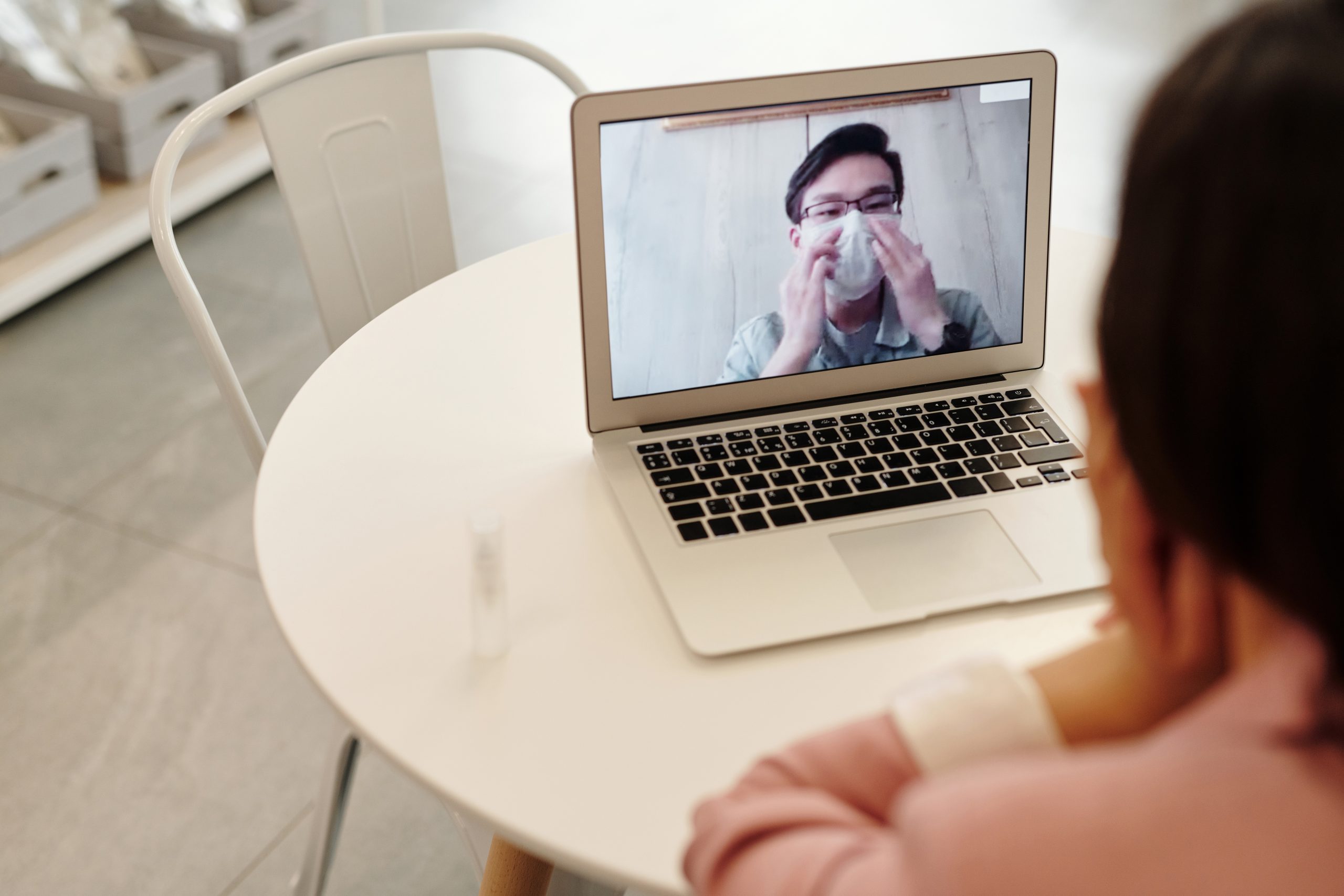Board Certified healthcare attorney David Davidson addresses the evolving COVID-19 hospital visitor dilemma when it comes to spiritual care.
Continue readingStrategies for Successful Implementation of Mandatory Vaccine Policy for Your Workforce (Part 1)
Read an article by Board Certified Healthcare Lawyer Karen Davila on mandatory vaccination policies in healthcare businesses.
Continue readingCold and Flu Season During a Pandemic
Florida and New York healthcare attorney Dean Viskovich explains the changes labs are making to add in respiratory pathogens to flu testing.
Continue readingAvoiding HIPAA Violations During COVID-19
 By: Steven Boyne
By: Steven Boyne
The COVID-19 virus has and will probably continue to change the way healthcare providers and business associates interact and help their patients. As many providers are aware, a HIPAA violation is a serious issue, and can cost a healthcare entity large amounts of time and money to respond to any regulatory investigation. Recognizing that the COVID-19 pandemic has strained every corner of the economy and is THE MOST IMPORTANT issue for almost every industry, the federal government has rolled back some HIPAA protections. It is unclear how long these rollbacks will last, and it is possible that some of them may be permanent, but for now healthcare providers and their business associates can take some comfort that they can focus on delivering care and not dealing with overly burdensome regulations and investigations. The major changes include:
- Telehealth. Changes include allowing physicians and other healthcare providers to offer telehealth services across State lines, so State licensing issues should not be a concern. Additionally, Providers are essentially free to choose almost any app to interact with their patients, even if it does not fully comply with the HIPAA rules. The HHS allows the provider to use their business judgment, but of course, such communications should NOT be public facing – which means DO NOT allow the public to watch or participate in the visit!
- Disclosures of Protected Health Information (PHI). A good faith disclosure of such information will not be prosecuted. Examples include allowing a provider or business associate to share PHI for such purposes as controlling the spread of COVID-19, providing COVID-19 care, and even notifying the media, even if the patient has not, or will not grant his or her permission.
- Business Associate Agreement (BAA). As most healthcare providers know, a BAA agreement between a provider and an entity that may have access to PHI is required by law. During the COVID-19 pandemic, the lack of a BAA is not an automatic violation.
Getting Back to a New Workplace Normal
 By: Steven Boyne
By: Steven Boyne
As employers begin to consider opening their offices and bringing back their employees and inviting other people into their offices, such as patients, there are many issues that should be considered and planned for BEFORE the front door is opened.
Quick Legal Advice – COVID-19 is new to everyone, including Government regulators and plaintiff lawyers, so we are all learning as we go along. The best legal advice in these uncertain times is:
- Find out what other similar situated companies are doing, as you may be held to their standards;
- Find checklists and advice from well reputable entities;
- Document your decisions; and
- Communicate.
OPENING YOUR DOOR TO YOUR EMPLOYEES
As an employer you have a responsibility to provide a safe working environment, and as of today it is clear that the following is a minimal list of considerations:Continue reading
Breaking News – State Surgeon General Issues Order 20-007 May 9th
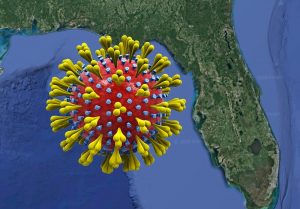 By: Susan St. John
By: Susan St. John
In my last post, I promised to keep you updated as to any new orders from the State Surgeon General that would further extend a practitioner’s ability to prescribe refills of non-malignant pain controlled substances using telehealth communications, or a qualified physician’s ability to recertify an existing qualified patient’s use of medical marijuana. The Surgeon General has extended the ability to continue assisting patients with these specific needs (as well as other needs) until May 31, 2020, through the issuance of Emergency Order 20-007 on May 9, 2020.
Keep in mind, that to prescribe a refill of a controlled substance for chronic non-malignant pain, the practitioner must be an MD, DO, APRN, or PA licensed in Florida and designated as a controlled substance prescribing practitioner. Further, to prescribe such controlled substances using telehealth communications during this public health emergency, the patient must be an existing patient of the prescribing practitioner.Continue reading
Governor DeSantis Issues Executive Order 20-114 Extending State of Emergency
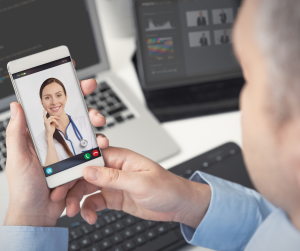 By: Susan St. John
By: Susan St. John
Earlier today, Governor DeSantis issued Executive Order 20-144 extending the State of Emergency declare in Executive Order 20-52 for another 60 days. Pursuant to the extension of Executive Order 20-52, the State Surgeon General’s Order 20-003 is also extended another 60 days as its expiration is tied to the expiration of Executive Order 20-52. Thus, telehealth providers from other states with valid and unencumbered licenses may continue to provide telehealth services to persons in Florida without registering with the Department of Health. Telehealth services must still be provided using two-way audio and video communications. Audio-only telephone calls are not permitted under Florida’s existing telehealth statute and have not been waived or suspended via the State Surgeon General’s Orders.Continue reading
Florida Healthcare Law Firm Offers Telehealth & Teledentistry Advisement During Covid-19 Pandemic
 Florida Healthcare Law Firm is offering advisement by way of webinars to dentists and dental professionals during the Covid-19 pandemic. The firm, which offers legal assistance to medical professionals and businesses, is working in the dental law field and assisting professionals who are currently not working due to the coronavirus so that they can continue to provide assistance to their patients. With education top of mind for the firm, the telehealth and teledentistry campaign is to inform dental professionals on how to directly stay in contact with patients and offer services via audiovisual telecommunications.
Florida Healthcare Law Firm is offering advisement by way of webinars to dentists and dental professionals during the Covid-19 pandemic. The firm, which offers legal assistance to medical professionals and businesses, is working in the dental law field and assisting professionals who are currently not working due to the coronavirus so that they can continue to provide assistance to their patients. With education top of mind for the firm, the telehealth and teledentistry campaign is to inform dental professionals on how to directly stay in contact with patients and offer services via audiovisual telecommunications.
“The coronavirus has hit our country hard and most small businesses. Dentistry is at the top of the list and even though dental law is one of our top fields, we wanted to make sure that we adapted to the times and offered a reliable service to our clients and those in the field impacted by this pandemic. Technology allows doctors to connect with patients from anywhere in the world and knowing that you can reach a medical professional who you’ve trusted for years is important, especially right now.” Florida Healthcare Law Firm Representative. “Although dental services have been deemed “non-essential business,” we know how important dental health is. Patients will still have dental questions or concerns during the office shut-downs.”
Because telemedicine is not a service usually offered by dentist offices, many doctors and business owners are finding it difficult to adjust and offer remote service. The law firm has stepped in and is offering free information webinars and other forms of digital content which can provide clarity and guidance for these small businesses so that they can stay open and provide care for their patients. With a limitation elective services, as well as many in the public not wanting to leave their homes right now, telehealth provides a bridge where patients can still get reliable care and advisement from someone they trust.Continue reading
Access to Care via Telehealth Increases Again in Second Round of Changes Due to COVID-19
 By: Susan St. John
By: Susan St. John
Access to telehealth for Medicare beneficiaries was further increased by the Trump Administration April 30, 2020. These new changes allows all health care professionals eligible to bill Medicare for services to provide services via telehealth communications and to bill the Medicare program for such services. Additionally, certain services may now be provided using audio technology only.
For a list of services eligible for reimbursement by the Medicare Program, including services requiring audio technology only, download here. There are approximately 180 different codes reimbursable by Medicare if provided via telehealth communications.
More Relief on the Way: H.R. 266 – Paycheck Protection Program and Health Care Enhancement Act Signed by the President
 By: Susan St. John
By: Susan St. John
The newest relief for small business and health care providers was passed by the Senate on April 21st, by the House on April 23rd, and became law on April 24, 2020. This new Act, provides for $484 billion in additional relief to small businesses and healthcare providers. $100 billion of the relief has been allocated to the Department of Health and Human Services and of that amount $75 billion is earmarked “to reimburse health care providers for health related expenses or lost revenues that are attributable to the coronavirus outbreak.” The remaining $25 billion will be used for expenses to research, develop, validate, manufacture, purchase, administer, and expand capacity for COVID-19 test to effectively monitor and suppress COVID-19.
The $75 billion provided under the Act will remain available until expended and will be used to prevent, prepare for, and respond to coronavirus to reimburse necessary expense or lost revenues incurred as a result of COVID-19. However, if a health care provider has already had expenses or lost revenues incurred due to COVID-19 reimbursed from other sources or that other sources are obligated to reimburse (like the CARES Act), any funds received from the $75 billion cannot be used as a “double dip” by that health care provider.
A big difference for health care providers with this Act, is that unlike the CARES Act that provided a direct deposit to health care providers based on Medicare fee for services reimbursement, no application necessary, this Act requires the health care provider to apply for relief funds. Eligible health care providers include public entities, Medicare or Medicaid enrolled suppliers and providers, profit and not-for-profit entities that provide diagnoses, testing, or care for individuals with possible or actual cases of COVID-19 (so as to accommodate the “lost revenues” provision, this could mean any patient treated since January 31, 2020, and is not necessarily limited to patients treated for COVID-19 symptoms without testing confirmation). Health care providers should act quickly and apply for funds as soon as possible as the HHS Secretary will review applications and make payments on a rolling basis. Payment may be a pre-payment, prospective payment, or a retrospective payment as determined by the HHS Secretary. Health care providers must submit an application that includes statements justifying the need of the provider for the payment. The provider must have a valid tax id number (could be an individually enrolled physician). As with the CARES Act, HHS will have the ability to audit how relief funds are expended and must start reporting obligations of funds to the House and Senates Committees on Appropriations within 60 days from the date of enactment of this Act. Reporting will continue every 60 days thereafter.Continue reading


